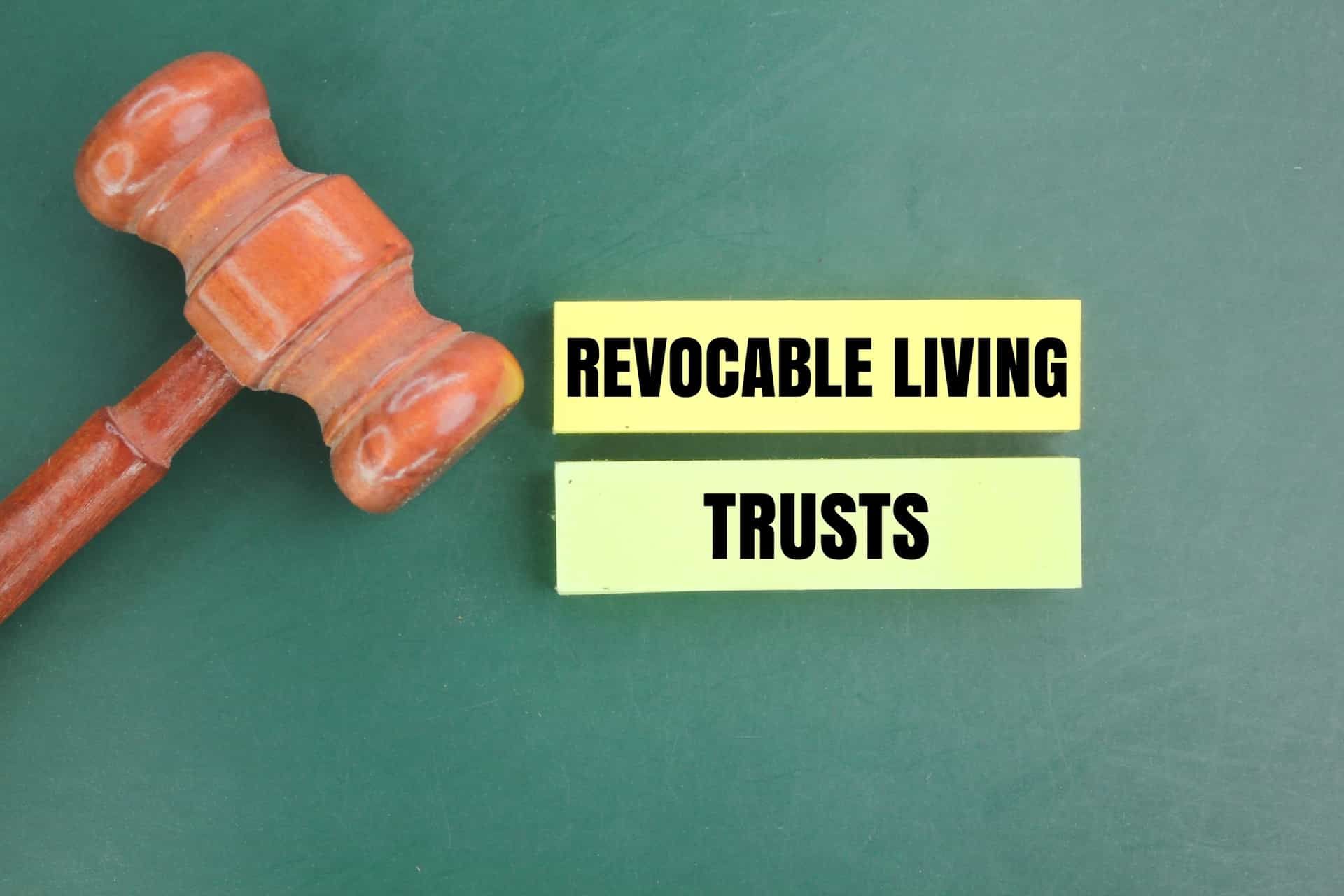Electing out of the Application of 2010 Federal Estate Tax

The Tax Relief, Unemployment Insurance Reauthorization, and Job Creation Act of 2010 , P.L. 111-312 passed on December 16, 2010 and enacted into law on December 17, 2010 retroactively reinstated the federal Estate tax for decedents who died during 2010, but allows the decedent’s estate representative to “opt out” of the 2010 Estate tax regime by making a Section 1022 Election. If an estate representative makes the Section 1022 Election then (1) the decedent’s assets are not subject to the 2010 federal estate tax and (2) the basis step-up on assets acquired from and owned by the decedent for income tax purposes is limited well beyond what is normally permissible in terms of stepped-up basis for decedent’s estates subject to federal estate taxation.
An estate representative for filing purposes is the individual who has been appointed by a court of competent jurisdiction and is acting as personal representative (administrator or executor) of the decedent’s estate . If there is no court appointed representative because there is no probate estate then the term “executor” for purposes of filing Form 8939 is anyone in possession of the decedent’s property.
An estate representative must use IRS Form 8939 for electing out of the application of the federal estate tax and to allocate the available basis step-up among the decedent’s assets which are qualified for the limited stepped-up basis. Form 8939 must be filed on or before November 15, 2011. Forms filed earlier may be amended or revoked by a subsequent Form 8939 filed on or before November 15, 2011. If multiple forms are filed then in general the latest timely filing will be the controlling form the IRS uses in allocating the basis step-up.
For property to qualify for allocation of a basis increase on Form 8939, the property must (1) be property “acquired from the decedent” and (2) must be property “owned by the decedent”.
Property “acquired from a decedent” includes bequests, devises and inheritances. Property held by the decedent as joint tenants with right of survivorship or as tenants by the entirety as well as a surviving spouse’s one-half interest in community property also qualifies. This definition also includes property transferred by the decedent during lifetime to a revocable trust or to any other trust with respect to which the decedent reserved the right to alter, amend, revoke or terminate the trust or retained a power of appointment. Property in a trust created by someone other than decedent and which the decedent held a general power of appointment at death is also deemed to be property “acquired from a decedent.”
Property “owned by the decedent” includes, but is not limited to property (1) legally titled in the name of the decedent at death, (2) jointly owned under certain circumstances such as tenants-in-common property by right of survivorship, (3) transferred to the decedent’s revocable trust during lifetime and (3) community property under certain circumstances. Some property which may have been owned by the decedent that is not treated as “owned by the decedent” for these purposes includes (1) property over which the decedent holds any power of appointment created by another, (2) property transferred to a trust where decedent retained a power to alter, amend, or terminate the trust, but did not retain a reversionary interest, (3) property transferred to a trust by the decedent during life in which the decedent retained only an income interest, (4) property transferred to a foreign grantor trust and (5) property held in a QTIP Trust for the benefit of the decedent.
Disclaimer: The information on this website and blog is for general informational purposes only and is not professional advice. We make no guarantees of accuracy or completeness. We disclaim all liability for errors, omissions, or reliance on this content. Always consult a qualified professional for specific guidance.






